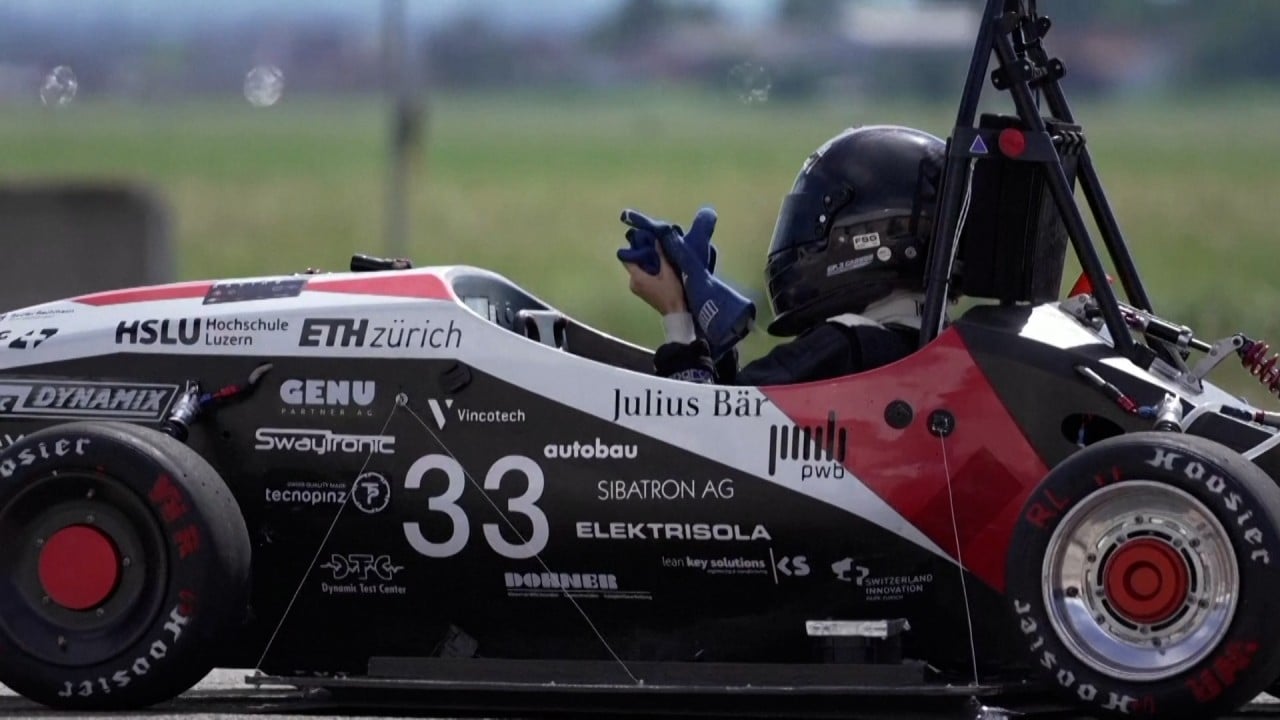
19 Feb Chinese EV maker Human Horizons suspends manufacture of luxury HiPhi brand for 6 months as market competition intensifies
The Shanghai-based company told its employees on Sunday that it was implementing a six-month suspension of its luxury HiPhi brand, effective immediately, according to local financial media outlet Jiemian.
Human Horizons declined to comment when contacted by the Post on Monday.
“HiPhi’s crisis exacerbates the bearish sentiment about Chinese EV companies’ performance,” said Chen Jinzhu, CEO of consultancy Shanghai Mingliang Auto Service. “More small players will have to close down their businesses as competition escalates.”
It is not clear whether the company’s problems in mainland China will affect its venture in Saudi Arabia, which has not started operations yet.
HiPhi, founded in 2017, currently builds and sells three models in China, all of them under the HiPhi brand name.
Ding Lei, founder and CEO of Human Horizons, told local media in 2022 that the company had more than 5,000 employees.
EU climate demands set to erode Chinese EV makers’ export edge: expert
EU climate demands set to erode Chinese EV makers’ export edge: expert
HiPhi does not publish delivery data. It does not feature in lists of China’s top 15 EV makers by monthly sales, according to data from the China Passenger Car Association (CPCA).
In October, the company denied a market rumour that it would cut its workforce by 20 per cent and said its operations remained normal.
EV makers sold 8.9 million vehicles to Chinese buyers last year, a 37 per cent year-on-year increase, according to the CPCA.
But sales growth in the country could slow to 20 per cent this year, according to a forecast by Fitch Ratings last November.
According to calculations by the China Business News in September, at least 15 start-ups with a combined annual production capacity of 10 million units have either collapsed or been driven to the verge of insolvency as bigger players took the lion’s share of the market. That exceeds the 8.9 million EV sales on the mainland in 2023.
WM said in an official post on Weibo, China’s Twitter-like social-media platform, on October 10 that it would still aim for a rebirth funded by strategic investors from around the world.

